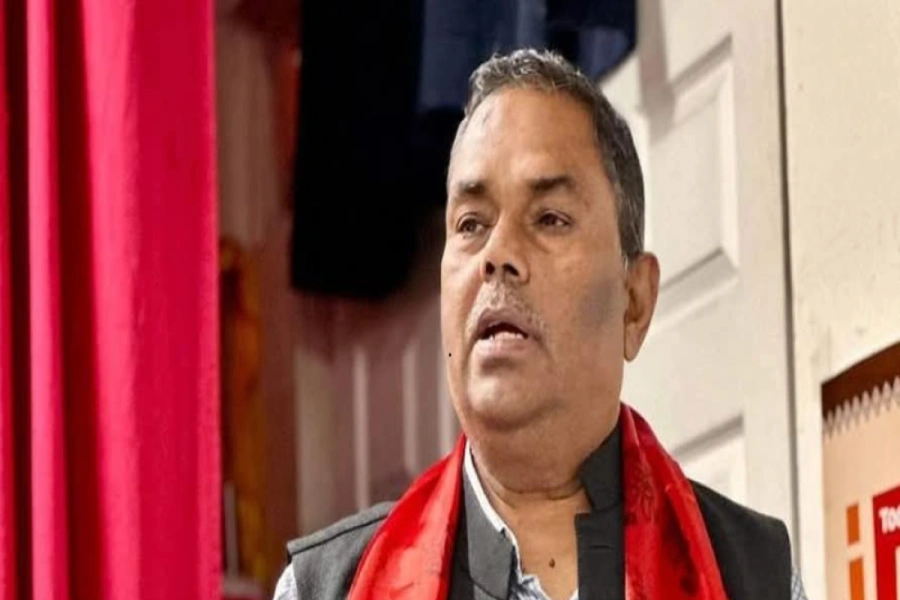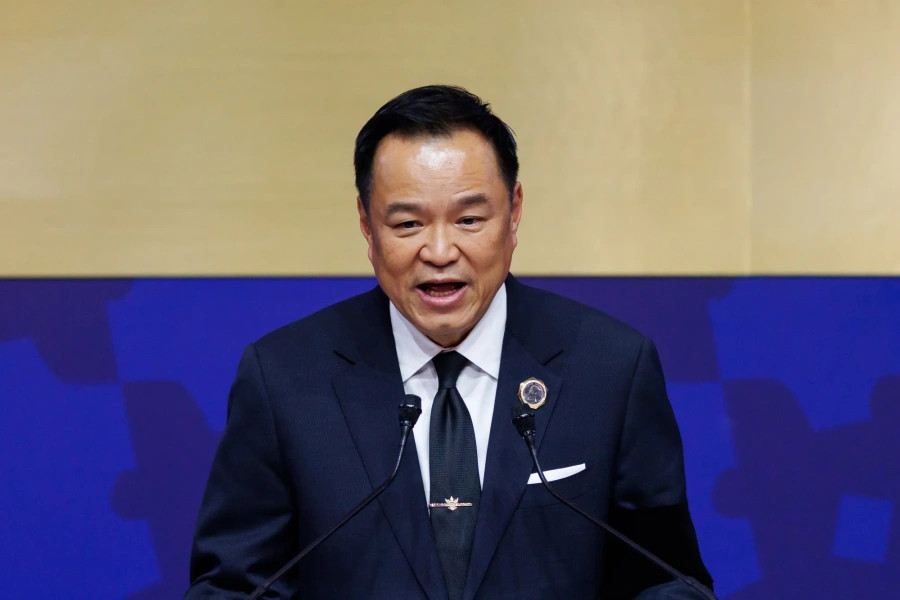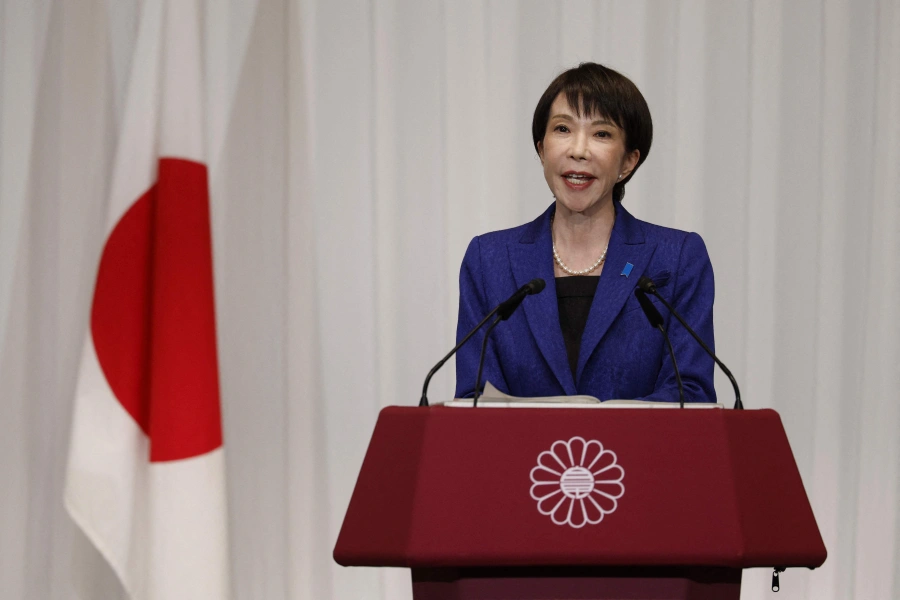KATHMANDU, July 27: The Internet Service Providers’ Association of Nepal (ISPAN) has taken back its decision to charge 13% telecommunication service charge (TSC) after a week of deciding to collect it from its clients.
Bhoj Raj Bhatta, president of the association, said: “The government has decided to provide 6.5% subsidy on the TSC and the remaining 6.5% will be absorbed by the service providers.”
The internet service providers (ISPs) took back the decision after the cabinet meeting held on Monday amended the telecommunication regulations that ISPs claimed were not in their favor.
The government has agreed to not impose TSC under different heads, apart from absorbing 50% of the TSC, relieving the end users of the burden of paying the charge that the ISPs would pass on to them.
Internet service users get relief from 13% TSC

“The remaining 50% will be absorbed by the ISPs,” Bhatta added.
Last fiscal year also, the government, in coordination with ISPs, had agreed on absorbing the charge amongst themselves when the ISPs had passed on the charge to their users.
However, the service providers claim that the government failed to comply by the agreement.
Navin Shrestha, CEO of Arrownet Pvt Ltd, an internet service provider, said: “We have not levied the charge on our subscribers after the cabinet’s decision.” He said a meeting of the company’s financial department will decide how to manage the additional TSC from the payment received from clients in subscription fees.
“The problem about the TSC has been solved, so we have decided not to put the burden on our users,” Bhatta further added.
The lift of the 13% TSC is applied on fixed broadband internet users only.
The ISPs had started charging 13% TSC directly to their users from the current fiscal year, FY 2019/20, after the government announced continuation of the provision through this year’s budget speech.
The government had levied the charge on the internet service on top of 13% VAT from the last FY 2018/19. The ISPs had started enforcing the new internet rate and billing the TSC on the end users last year also, but they rolled back the decision following widespread public criticism. The government had formed a committee consisting ISPs, Nepal Telecom and representatives from the Ministry of Communication and Information Technology to review the charge imposed on the end users.
Nepal Electricity Authority (NEA) had increased the pole rental charge by 500%. Bhatta said that ISPAN has submitted its concerns to the NEA, and that the association awaits a review on the rental charge.
“There has been pressure on us for the implementation of the new rental fee but we have refused to sign the agreement and pay the designated pole rent,” he told Republica, adding: “A committee comprising of Nepal Telecommunications Authority, NEA and ISPAN will be formed to discuss the matter.”



































